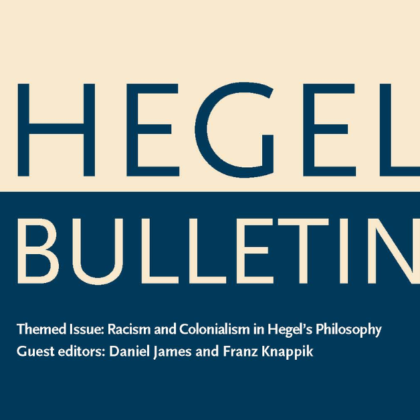Decolonising our Minds: What UK Psychiatry needs to (un)learn
BJPsych Bulletin is delighted to announce Dr Venkatalakshmi Satram as the winner of the 2023 Praxis Editorial Award competition. Read Dr Satram’s complementary blog post on the winning article: “Decolonising our minds: what UK psychiatry needs to (un)learn“.
Mental healthcare in the UK is in crisis. As many of us know and have experienced, psychiatry in the UK has formed a bias towards reductive, individualistic and superficial approaches to defining mental distress. All whilst failing to foster deep, long-term authentic, caring relationships, and defaulting to an overly biomedical approach to management.
Cultures and communities around the world, particularly the ‘global south’, are rooted in diverse values and wisdoms which are devalued and marginalised in the UK. This narrow outlook has been exacerbated by chronic underfunding and the prioritisation of political agendas over the needs of our communities.
As a medical student, from a South Asian background, I have noticed that my community’s approach to health, caring and healing often differs from what I learn through my clinical placements and curriculum. Through personal experience, and learning from the experiences of patients, peers, carers and professionals, I have been gaining insights into the deep systemic injustices at the core of UK Psychiatry. Channelling the shared frustrations towards our current system, I felt called to write this article.
Through this article, I challenge the biases making up psychiatry in the UK and highlight the lessons we can learn from the wisdom of communities across the global south, which also form our communities here in the UK. I stress the importance of moving from the ‘individual’ to the ‘collective’; firstly, when defining and labelling distress, and secondly, when caring for and healing from distress.
I explore the work of the African Institute for Integrated Responses to Violence Against Women and HIV/AIDS (AIR) in the Democratic Republic of Congo, which re-politicises PTSD, to contextualise Trauma as being caused by structural power relations. This community is underpinned by the Ubuntu philosophy, which highlights that personhood exists within a community.
I also consider how clinicians in Japan have shifted the definition of ‘schizophrenia’ from ‘mind-split disease’ to ‘integration disorder’, as a response to the social stigma the label perpetuated. This expanded understanding of the condition has allowed for greater awareness, accessibility to care and better interpersonal relationships.
Embracing familial and community support and values throughout one’s contact with mental health services is essential for holistic and sustainable care. For instance, Cuento therapy is an example of a culturally sensitive way of integrating traditional folktales passed down through families into mental healthcare, which originated in Puerto Rico and reflects practices across Latin America.
Shared spiritual understandings, which are embedded in the collective, are intuitive amongst communities in the global south. An example of this, is how healthcare professionals in India prioritise ‘mind, body and soul’ approaches to health, to work alongside the biomedical, and recognise the interdependences between us and our greater environment.
This piece just scratches the surface of the many wisdoms around the world that we need to appreciate, collaborate with, and integrate into our practice. We need to recognise the injustices making up UK mental health culture, but also realise that we play a role in shaping it. The health of our community is dependent on one another, on you and me.
This is a call to action – let us put in the work, to transform our mindsets and advocate for contextualised, collective, and socially just mental healthcare in the UK.
Read the 2023 Praxis Editorial Award winning article here.






